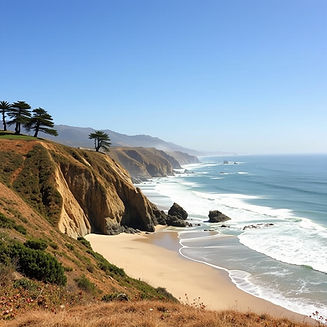

News
At MARES, volunteers are at the heart of our mission. By dedicating your time and skills, you become an essential part of protecting, conserving, and restoring our coastal and marine ecosystems. Whether through educational outreach, field activities, research support, or community events, your contribution helps amplify the impact of our work. Volunteering with MARES is more than service, it is an opportunity to learn, connect, and inspire change for a healthier planet.

MARES Society Expands:
California Chapter Opening Soon
September 23, 2025 —
MARES Society, a nonprofit dedicated to marine research, education, and conservation, is proud to announce the upcoming launch of its California Chapter.
This new chapter will serve as a hub for community engagement, scientific initiatives, and environmental advocacy along the Pacific coast. By expanding into California, MARES continues its mission of protecting and restoring marine ecosystems while fostering collaboration with local universities, schools, and conservation partners.
The California Chapter will focus on:
-
Research & Monitoring of marine ecosystems unique to the region.
-
Education & Outreach programs for students and the general public.
-
Community Involvement through volunteer projects and partnerships.
-
Conservation Action aimed at protecting coastal and marine biodiversity.
With this expansion, MARES Society reaffirms its commitment to building a global network of chapters that empower communities to act for the oceans.
Stay tuned for the official launch date and upcoming events.
Thanks to Our Sponsors



If you're interested in sponsoring us, please send us a message
If you are interested in sponsoring MARES, your support will directly contribute to advancing marine conservation, education, and community engagement. Sponsorships help us expand our research initiatives, develop educational programs, and organize events that raise awareness about the importance of protecting our oceans and coasts. By partnering with us, you are not only investing in the environment but also in future generations who depend on healthy marine ecosystems.
